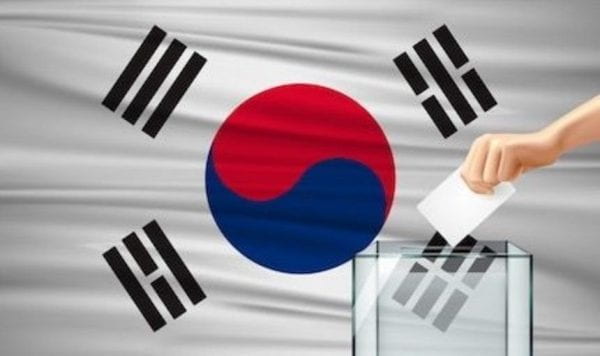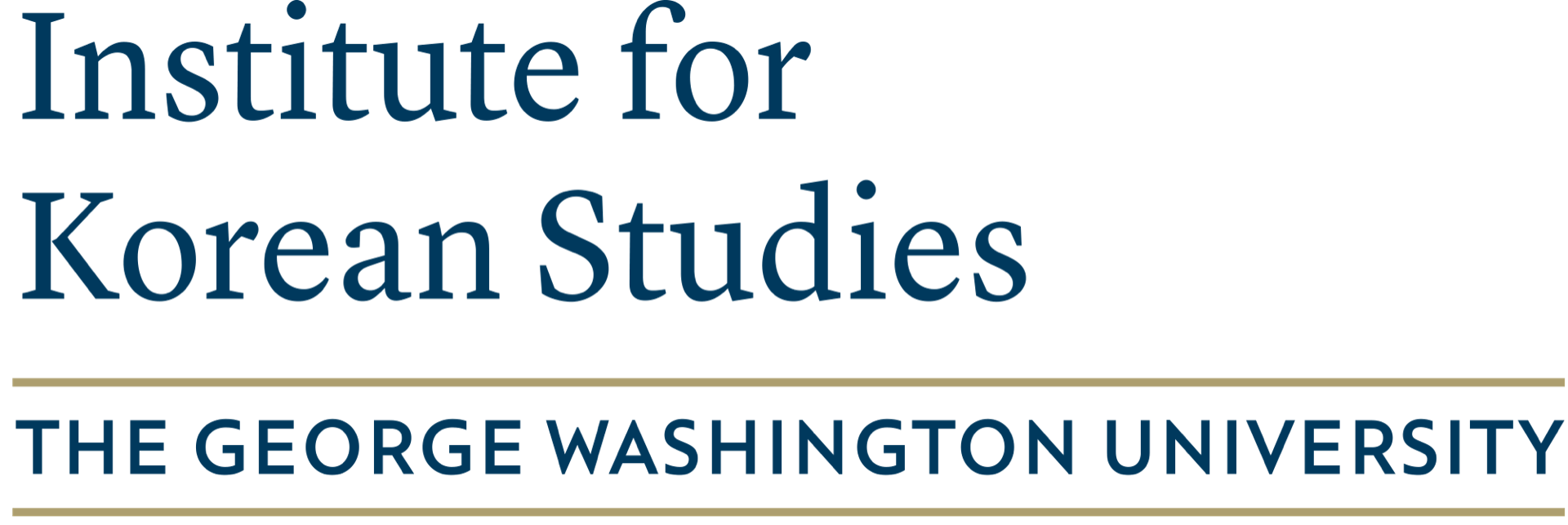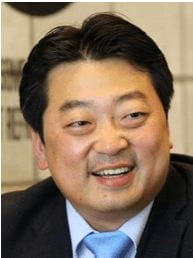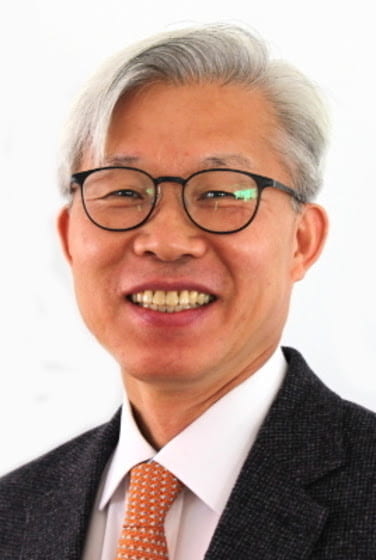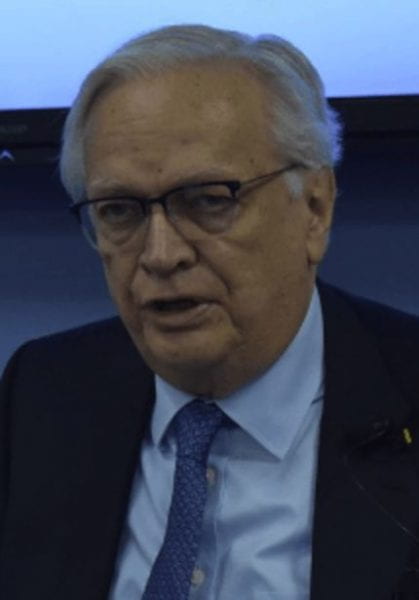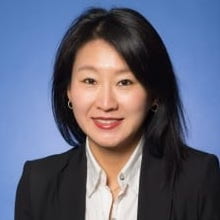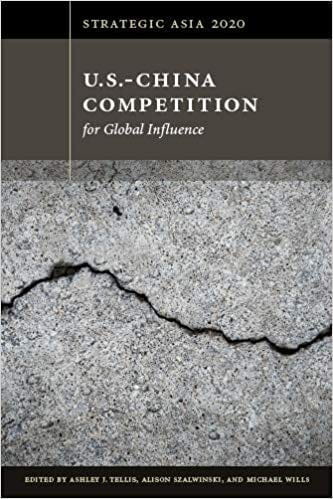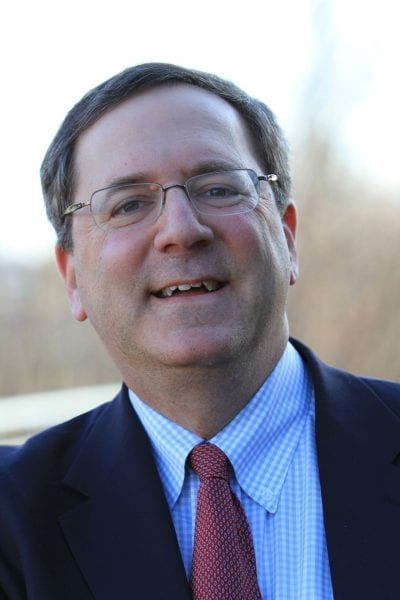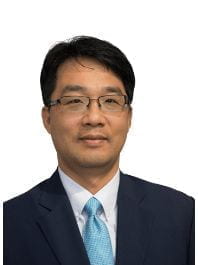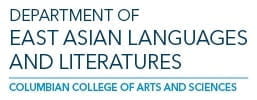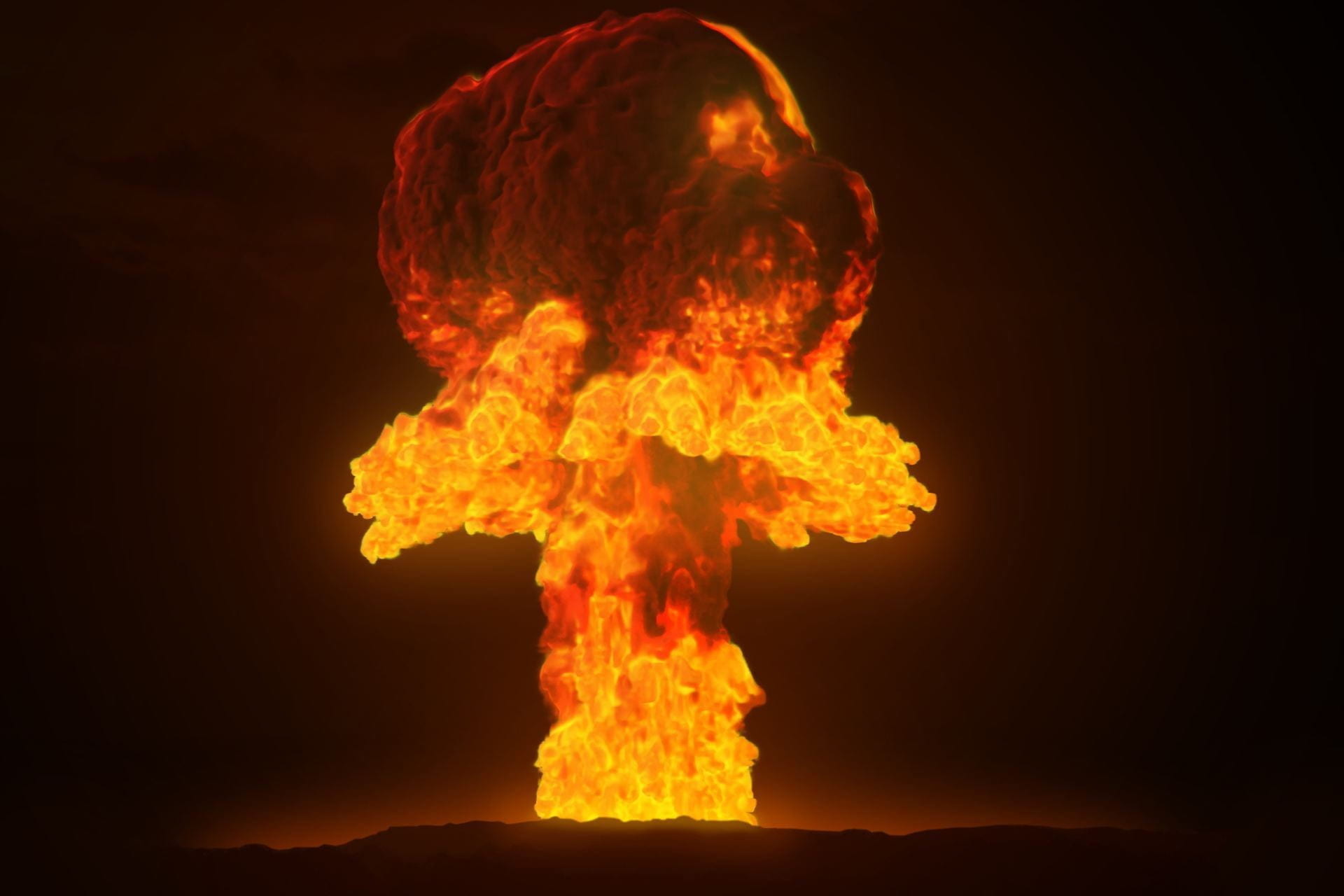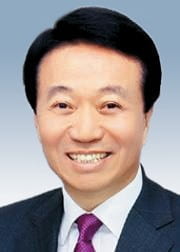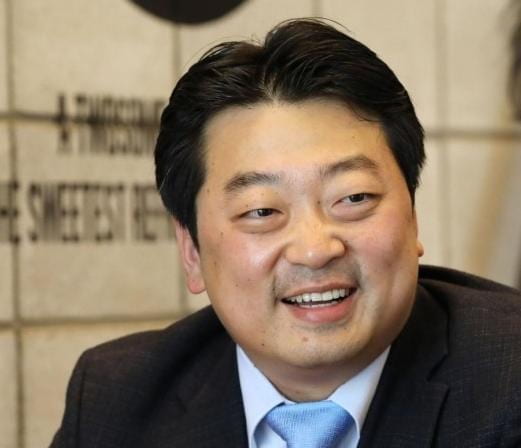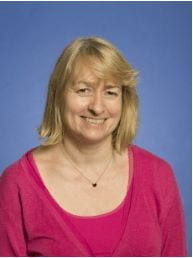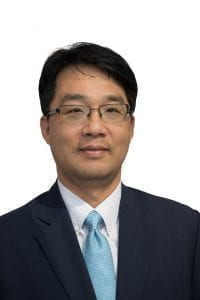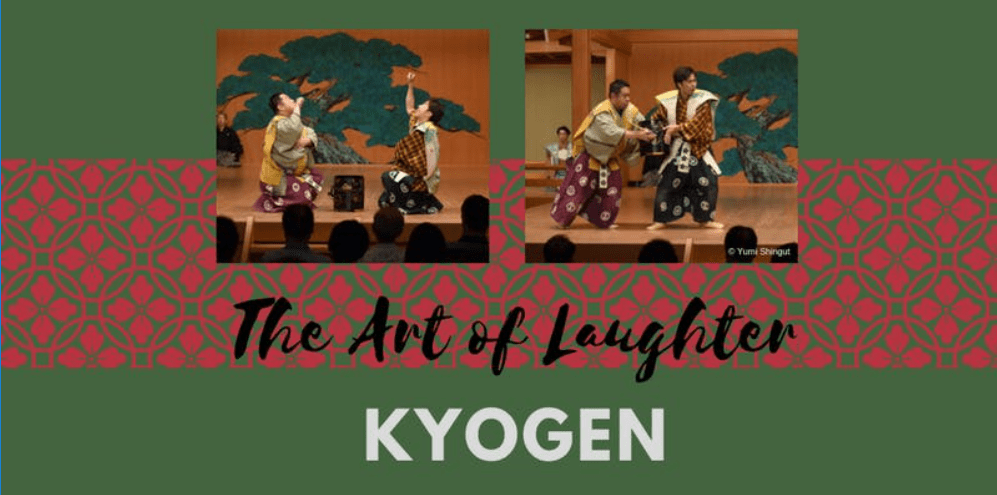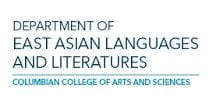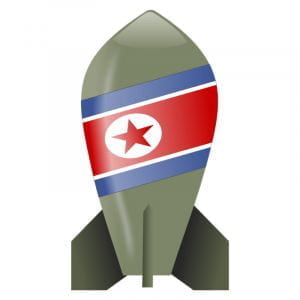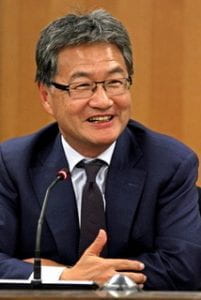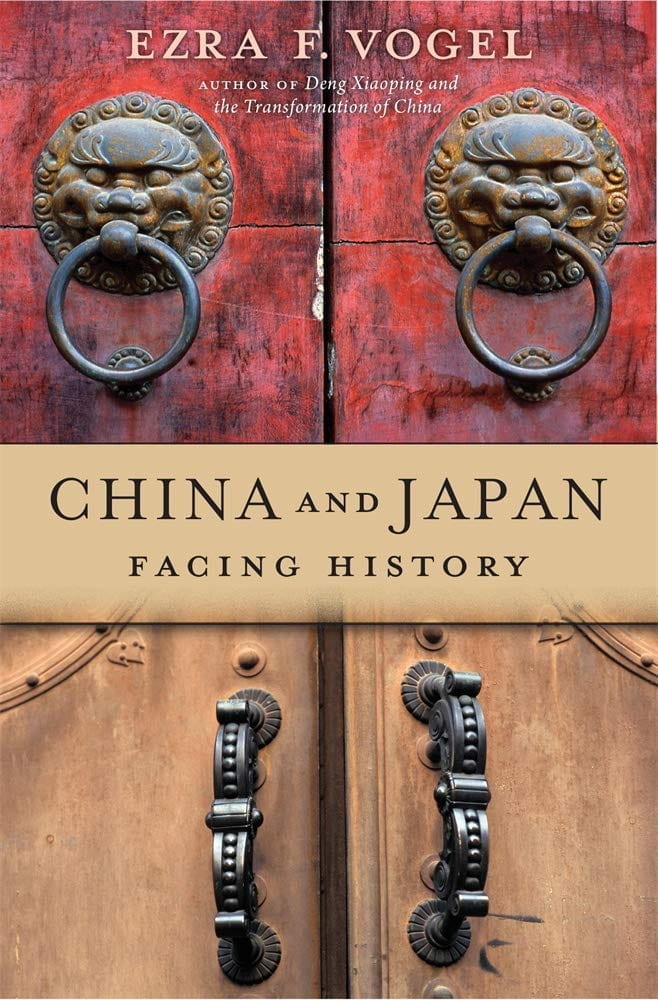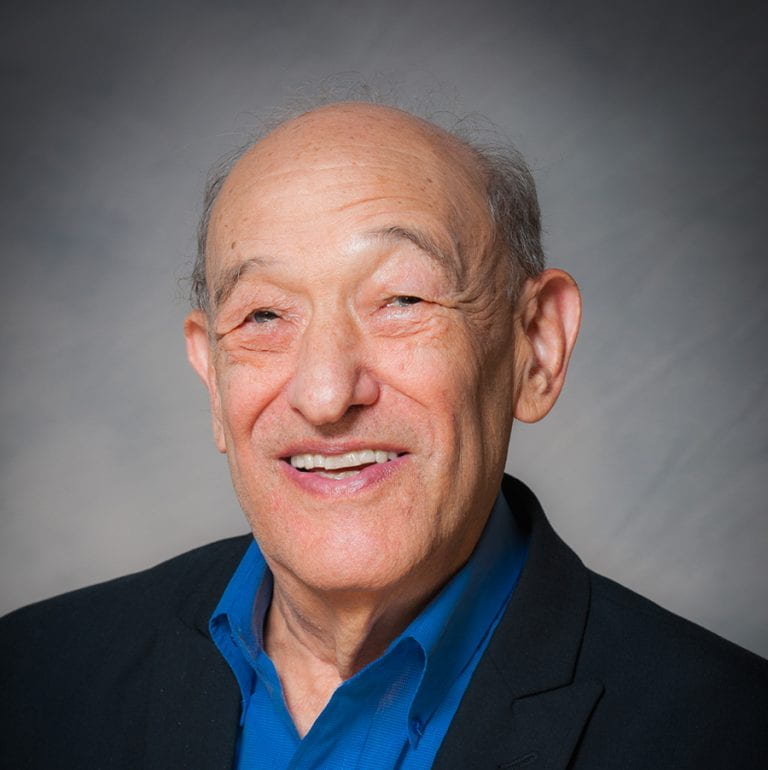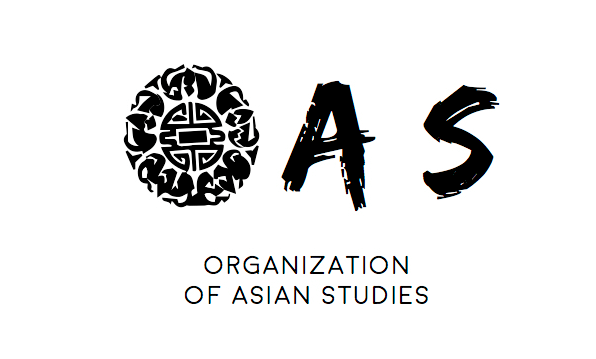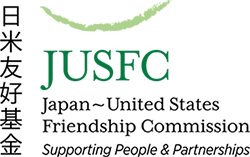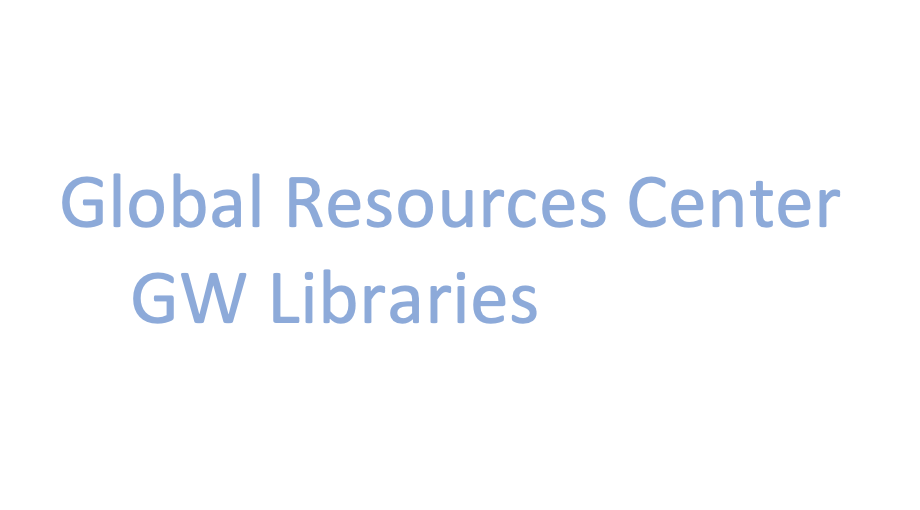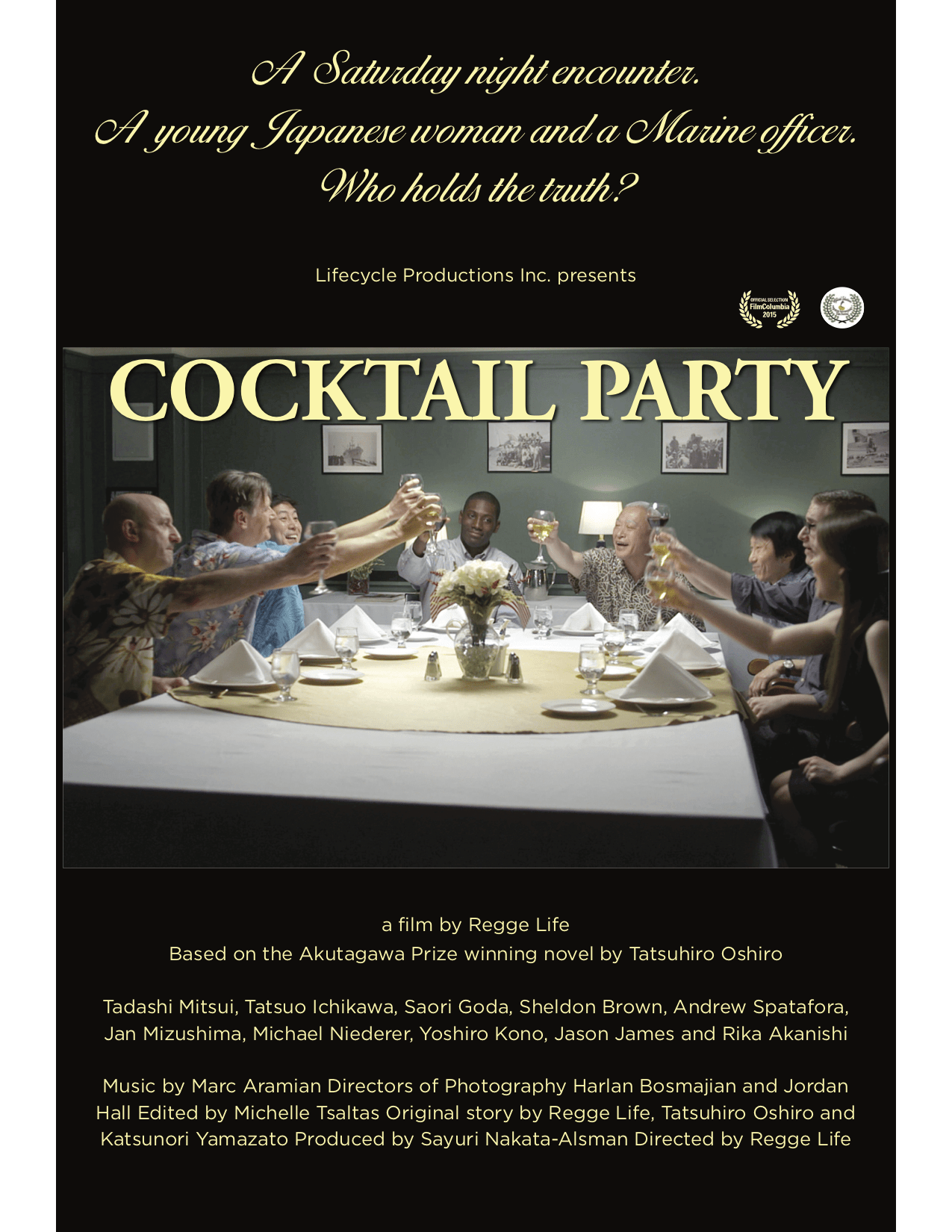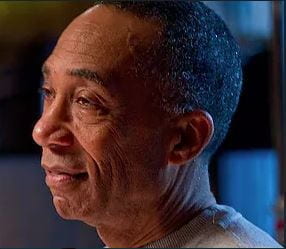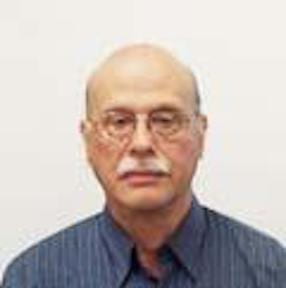
“Covering the Other Half Billion: China’s Rural Sector”

Event Description
For much of post-1949 history, the rural sector has been the poor relation of China’s society and economy. Today, however, the rural sector lies at the heart of Xi Jinping’s economic agenda for China’s comprehensive development. The party’s and government’s ability to fulfil major economic goals—those relating to employment, food security and rebalancing of the economic system—depend critically on the success of its rural policies. So too does its ability to realize important social and other goals—including poverty reduction, the creation of a more inclusive society, and environmental sustainability. An economically and socially revitalised Chinese countryside will also impact the political stability which China’s leaders see as the bedrock of their continuing rule. This lecture will explore all of these dimensions.
Speakers
Professor of Economics with reference to China and Taiwan
School of Oriental & African Studies
University of London
Moderator
Gaston Sigur Professor of Asian Studies, Political Science & International Affairs
Director, China Policy Program
The George Washington University
Date & Time
Thursday, February 27th, 2020
4:30 PM-6:00 PM
Location
Lindner Family Commons, Room 602
Elliott School of International Affairs
The George Washington University
1957 E Street, NW, Washington, DC 20052
Note: This event is open to the public and on the record.
Speakers
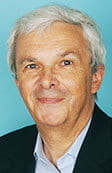
Professor Robert Ash
Professor Robert Ash is a Professorial Fellow in the China Institute at the University of London’s School of Oriental and African Studies (SOAS), where he teaches in the School of Financial and Management Studies as Professor of Economics with reference to China and Taiwan. From 1986 to 1995 he was Head of the Contemporary China Institute at SOAS, and from 1997-2001 was Director of the EU-China Academic Network (ECAN). From 1999 to 2013 he was also Director of the SOAS Taiwan Studies Programme.
Professor Ash has held visiting research and teaching positions at universities in Australia, Hong Kong, France and Italy. He has been researching China for more than 40 years and has published on development issues relating to China, as well as on Taiwan and Hong Kong. His most recent major publication (2017) is a study of China’s agricultural development between 1840 and the present day, Agricultural Development in the World Periphery: A Global Economic History Approach. He has also undertaken a wide range of consultancy work in both private and public sectors—including for the British Government, the European Commission, European Parliament and the UN International Labour Organisation.
